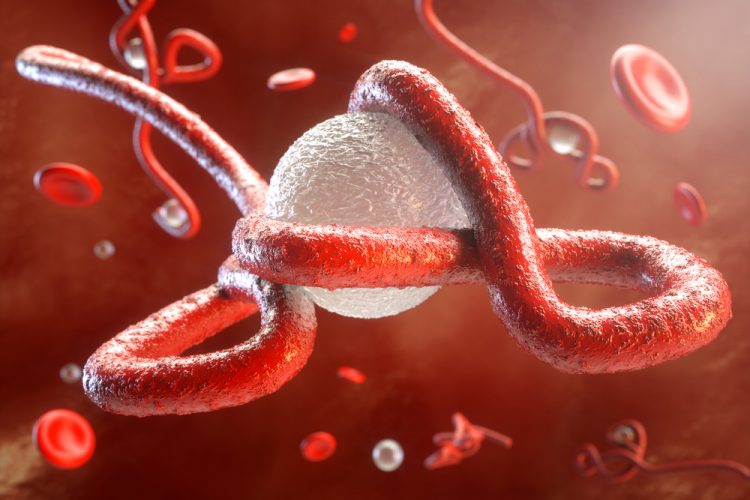Universal Ebola vaccine shows promise in pre-clinical trials
Posted: 17 April 2020 | Victoria Rees (Drug Target Review) | No comments yet
An Ebola vaccine that has been tested in animals could potentially be used to neutralise four species of the virus, say the researchers.


Researchers have demonstrated the efficacy of a potential universal Ebola vaccine, which is currently in early development. The study has shown that the vaccine could neutralise all four species of the virus which are infecting people in recent outbreaks.
Scientists at Cincinnati Children’s Hospital Medical Center, US, report that although their vaccine is still in early pre-clinical testing, the data indicates that the prospective drug has potential to be a stand-alone protection from Ebola. It could also broaden and extend the durability of protective immunity induced by current live vaccines already being tested in clinical trials against individual Ebola virus species, the researchers say.
“This could be a significant advancement in the global effort to prevent or manage Ebola outbreaks, especially if this vaccine used alone or in combination with another Ebola vaccine results in long-term and durable protective immunity against different Ebola viruses,” said Dr Karnail Singh, the study’s co-principal investigator in the Division of Infectious Diseases.
Singh and colleagues report that while live-vector vaccines are producing encouraging results in clinical trials, until the current study, none of the new vaccines under development have been shown to induce immune responses that cross-react against the multiple Ebola virus species that cause the potentially deadly disease in humans.
The new vaccine takes a novel approach, according to the study. The researchers designed a bivalent, spherical Ebola virus-like particle (VLP) that incorporates two genetically diverse glycoproteins (one each from the Zaire Ebola virus and Sudan Ebola virus) on a spherical core.
This approach will not cause illness in the recipient as the VLPs lack the genetic material and do not multiply. The vaccine works by stimulating immune responses against Ebola that generate virus-fighting antibodies to attack the different virus species.
When the researchers administered the new Ebola VLP vaccine to animal models, they found it produced robust immune responses against Ebola virus species known to be pathogenic in humans.
Although the new vaccine uses glycoproteins from two Ebola virus species, Singh said it might work against all four known pathogenic Ebola viruses as responses to one of the glycoproteins’ cross-reactive responses against two other Ebola virus species.
The researchers emphasise that extensive additional pre-clinical testing of the prospective Ebola VLP vaccine is required before it could potentially be tested in clinical trials.
“If the data from those studies is equally encouraging, the vaccine should be ready to progress to generation of clinical grade material for human trials,” Division Director of Infectious Diseases at Cincinnati Children’s, Dr Paul Spearman said.
The study was published in the Journal of Virology.
Related topics
Drug Development, Protein, Research & Development, Targets, Vaccine
Related conditions
Ebola
Related organisations
Cincinnati Children's Hospital Medical Center
Related people
Dr Karnail Singh, Dr Paul Spearman








